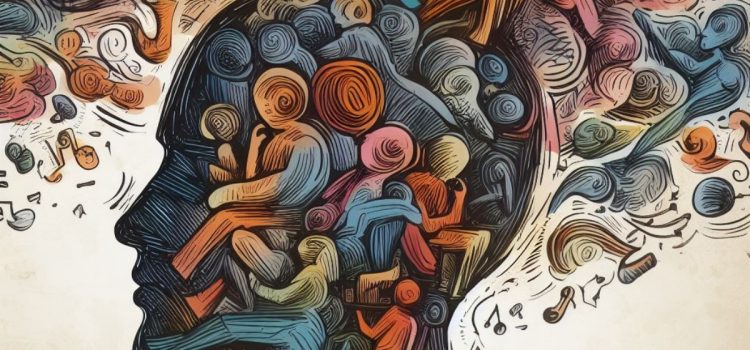Why did the Taliban shoot Malala Yousafzai? Why did they consider her such a threat? Surrounded by the Taliban’s increasing violence and attacks on women and girls in Pakistan, Malala Yousafzai did what she believed was right. She continued going to school despite the Taliban’s ban, and—encouraged by her father—she spoke out in support of girls’ education. Read more to learn why the Taliban shot Malala.
Why Did the Taliban Shoot Malala? How One Girl Provoked Evil










